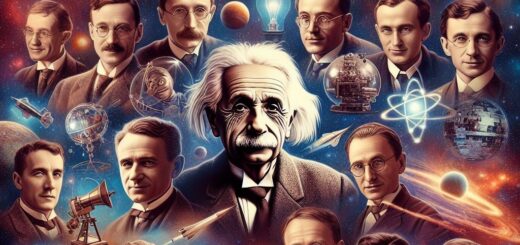Matter in Our Surroundings
Summary of matter in our surrounding

Summary
Matter
Matter is anything which occupies space and has mass. Everything in this universe is made of materials which scientist has named ‘matter’.
Example: Chair, bed, river, tree, building, etc.
Classification of Matter





Early Indian philosophers classified in the form of five basic elements as air, earth, fire, sky and water called Panch Tatva.
Modern day scientists have evolved two types of classification based on their physical properties and chemical nature.
Physical Nature of Matter:-
Matter is made up of particles.
The particles of matter are very tiny.
The particles of matter have space between them.
The particles of matter are continuously moving.
The particles of matter attract each other.
States of matter



Properties of solids
- Solids have definite shapes and fixed volume.
- The space between the particle is minimum.
- The force of attraction between the particles is maximum.
- The movement of the particles is minimum.
- They are incompressible.
- Have high density and can not be diffused
Properties of liquids :-
- Liquids have no definite shape but have fixed volume. Liquids take the shape of the container.
- The space between the particles is intermediate.
- The force of attraction between the particles is intermediate.
- The movement of the particles is intermediate.
- They are less compressible.
- Their rate of diffusion is more than solids.
Properties of gas
Gases have no definite shape or fixed volume. Gases occupy the whole space of the container. The space between the particles is maximum.The force of attraction between the particles is minimum.The movement of the particles is maximum.They are most compressible.
Their rate of diffusion is more than solids and liquids.
Temperature: Common and SI units
Common unit: Degree Celsius (oC)
SI unit: Kelvin (K) Relation between common unit and SI unit of temperature:
00C = 273K
Change of state
Physical states of matter can be interconverted into each other by following two ways:
1. By changing the temperature
2. By changing the pressure
Effect of Change of Temperature
Solid to liquid





























